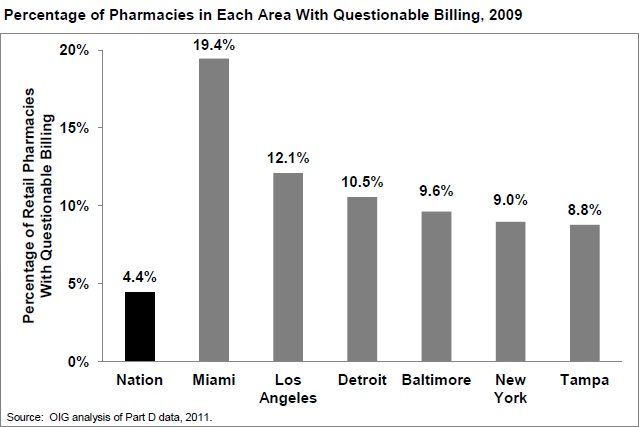- Revenue Cycle Management
- COVID-19
- Reimbursement
- Diabetes Awareness Month
- Risk Management
- Patient Retention
- Staffing
- Medical Economics® 100th Anniversary
- Coding and documentation
- Business of Endocrinology
- Telehealth
- Physicians Financial News
- Cybersecurity
- Cardiovascular Clinical Consult
- Locum Tenens, brought to you by LocumLife®
- Weight Management
- Business of Women's Health
- Practice Efficiency
- Finance and Wealth
- EHRs
- Remote Patient Monitoring
- Sponsored Webinars
- Medical Technology
- Billing and collections
- Acute Pain Management
- Exclusive Content
- Value-based Care
- Business of Pediatrics
- Concierge Medicine 2.0 by Castle Connolly Private Health Partners
- Practice Growth
- Concierge Medicine
- Business of Cardiology
- Implementing the Topcon Ocular Telehealth Platform
- Malpractice
- Influenza
- Sexual Health
- Chronic Conditions
- Technology
- Legal and Policy
- Money
- Opinion
- Vaccines
- Practice Management
- Patient Relations
- Careers
$5.6 Billion in Suspicious Medicare Billing
In the U.S., 4% of all retail pharmacies had suspicious or excessive Medicare billing totaling $5.6 billion.
In the U.S., 4% of all retail pharmacies had suspicious or excessive Medicare billing, according to a report released the U.S. Health and Human Services' Office of Inspector General.
The billing records from 2009 — the most recent full year of data — showed questionable billing practices at 2,637 retail pharmacies for Medicare prescription drugs. In total these suspect pharmacies billed Medicare $5.6 billion in 2009.
Independent pharmacies were eight times more likely than chains. Just over 1% of chain pharmacies showed suspicious billing compared to 11% of independent pharmacists. According to the report, although independent pharmacies made up 34% of all retail pharmacies that billed Medicare, they accounted for 80 percent of the pharmacies with questionable billing.
Miami had the most questionable billing with 19.4% of pharmacies. The OIG found that 10 pharmacies billing an average of at least $8,000 per beneficiary, five times the national average. Also, pharmacies with a high percentage of prescriptions for brand-name drugs were charging for these drugs at a much higher rate.

Almost a third of prescriptions were for brand name drugs with Lipitor, Plavix, Nexium and Diovan as the most common in 2009. And more than half (55%) of prescriptions were for refills.
The inspectors for the report used eight measures to review the pharmacies:
1. Average amount billed per beneficiary
2. Average number of prescriptions per beneficiary
3. Average amount billed per prescriber
4. Average number of prescriptions per prescriber
5. Percentage of prescriptions that were for Schedule II drugs
6. Percentage of prescriptions that were for Schedule III drugs
7. Percentage of prescriptions that were for brand-name drugs
8. Percentage of prescriptions that were refills
The pharmacies that showed questionable billing showed extremely high billing in at least one of these eight measures. More than a third showed questionable billing in multiple measures. However, the report does note that it doesn’t necessarily mean there is fraud taking place.
“Although some of this billing may be legitimate, pharmacies that bill for extremely high amounts warrant further scrutiny,” according to the report.
B. Douglas Hoey, RPh, MB, chief executive officer of the National Community Pharmacists Association, said in a statement that the organization is still reviewing the data from the report.
"It is important to note that for approximately 96% of community pharmacies the OIG report identified no ‘questionable' billing,” Hoey said in a statement. “Regarding the small percentage of pharmacies that the OIG report focuses on, it lacks sufficient detail to evaluate the medical legitimacy and appropriateness of the claims reviewed.”
Read more:
Drug Prices Increase Despite Generic Drug Price Decrease
Medical Fraud Right Under Your Nose
